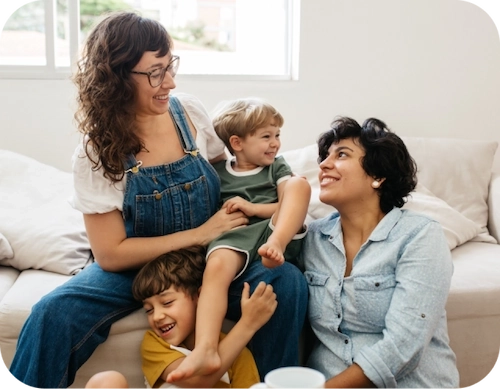The Skylight Mental Load Report

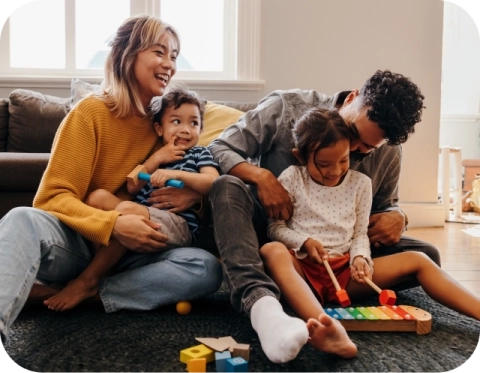
Numbers Show That Family Management Is Nearly a Full-Time Job
Together with The Harris Poll, we surveyed over 2,000 parents to lay bare the figures behind the parental mental load. If you're a parent, you don't need a report to tell you this. But it helps to know you're not alone and that there are tools to help manage it all.
Together with The Harris Poll, we surveyed over 2,000 parents to lay bare the figures behind the parental mental load.
Parental Mental Load (noun):
/ˈpɛərəntl ˈmɛntl loʊd/
You know, the 402-ish tasks whizzing around your brain — remember soccer cleats and saxophone reeds and gluten-free, nut-free birthday cupcakes that have to be delivered at exactly 2:15 on Tuesday — yeah, that never-ending list.
The 402-ish tasks whizzing around your brain: remember soccer cleats and saxophone reeds and th — yeah, that never-ending list.
Parents spend
planning and coordinating family schedules and household tasks. Almost a full-time job.
planning and coordinating family schedules and household tasks.
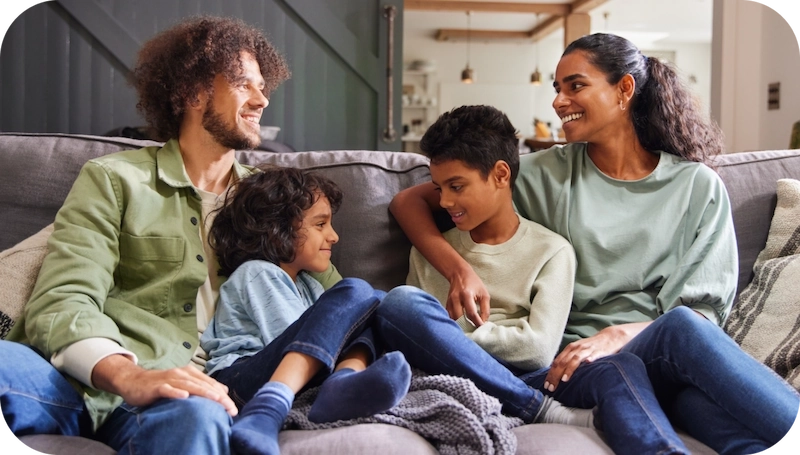

The mental load occupies
of parents' brain space on an average day.
That's about how much the average parent would earn if all their mental load work turned into a paid job.
*How do we figure? Our study calculated the total time occupied by mental load tasks, then multiplied it by a median hourly household income of $35.86 per hour.
Take the Quiz
Overscheduled
The average family is over-scheduled and over-emailed (and texted, and called).

Children participate in an average of
That's 598 per year (yes, really).
Families receive an average of 17.5 communications about their kids' activities per week (that's about 2 per day or 912 per year).

The Toll It Takes
Turns out, there are tradeoffs for spending so much time and energy running a household.
of parents say that the scheduling load has decreased their time with their partner.

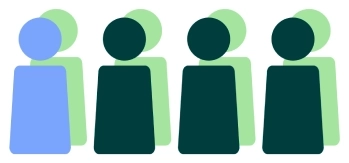
Almost
couples have sought out couples therapy due to the burden of family scheduling.
So it's no wonder that almost 1 in 3 parents would rather give up sex for a year than give up access to their calendar.
Unequal Task Distribution
For partnered parents, “who does more?” is a hot topic.

Primary caregivers say they carry 75% of the mental load. Non-primary caregivers say they take on 56% of it.
Add it together, and at
the (mental load) limit does not exist.
It's a Dirty Job
Here are the tradeoffs parents would make for a minute of peace and quiet.
of parents would prefer a year without bathroom interruptions over a year without cleaning bathrooms.

42% of parents would prefer a year without attending other children's birthday parties over a year without diaper changes.
Scheduling Relief
The data is clear: parents today could use a chief of staff. But the good news? Even without hiring a team of assistants, there are tools that can help. And when they work well, they really do lighten the mental load.
Our report tells the full story, which includes plenty of hope for getting back to the joyful parts of parenting. You don't want to miss it.
Parents today could use a chief of staff. But there are tools that can help lighten the mental load. Our report tells the full story, which includes hope for getting back to the joyful parts of parenting. You don't want to miss it.
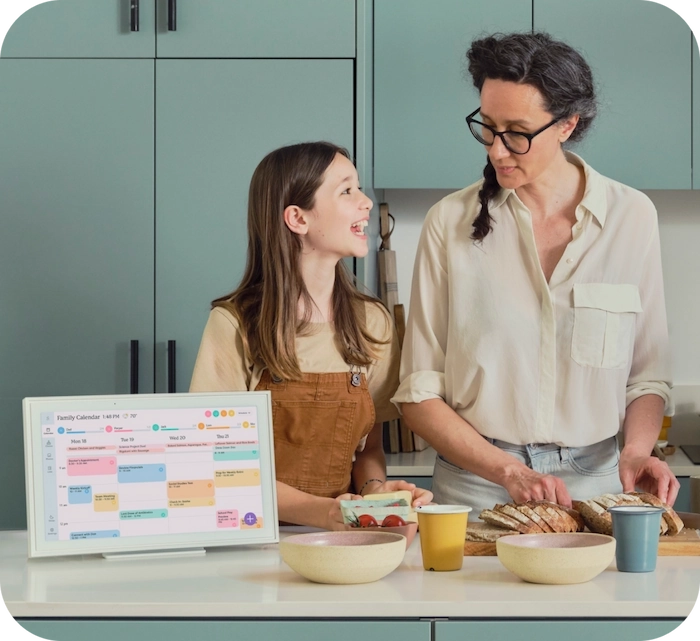
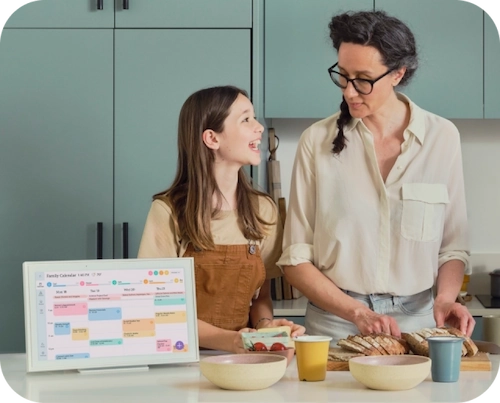
Help is On the Way
Sign up for our Mental Load Resource Kit, created by parents, for parents. Get tips, tricks, and hacks to help manage the mental load.
*By submitting your email, you agree that you are providing your information to Skylight for use in accordance with its privacy policy, which you can find here. No spam, we promise.
Methodology Statement
This study was conducted online in the U.S. by The Harris Poll on behalf of Skylight among 2,005 parents of children under the age of 18. The survey was conducted from May 15 to May 22, 2024.
Data are weighted where necessary by age, gender, race/ethnicity, region, education, marital status, household size, employment, and household income to bring them in line with their actual proportions in the population.
The sampling precision of Harris online polls is measured by using a Bayesian credible interval. For this study, the sample data is accurate to within +2.9% percentage points using a 95% confidence level.
Numbers shown are rounded from the calculated values.


